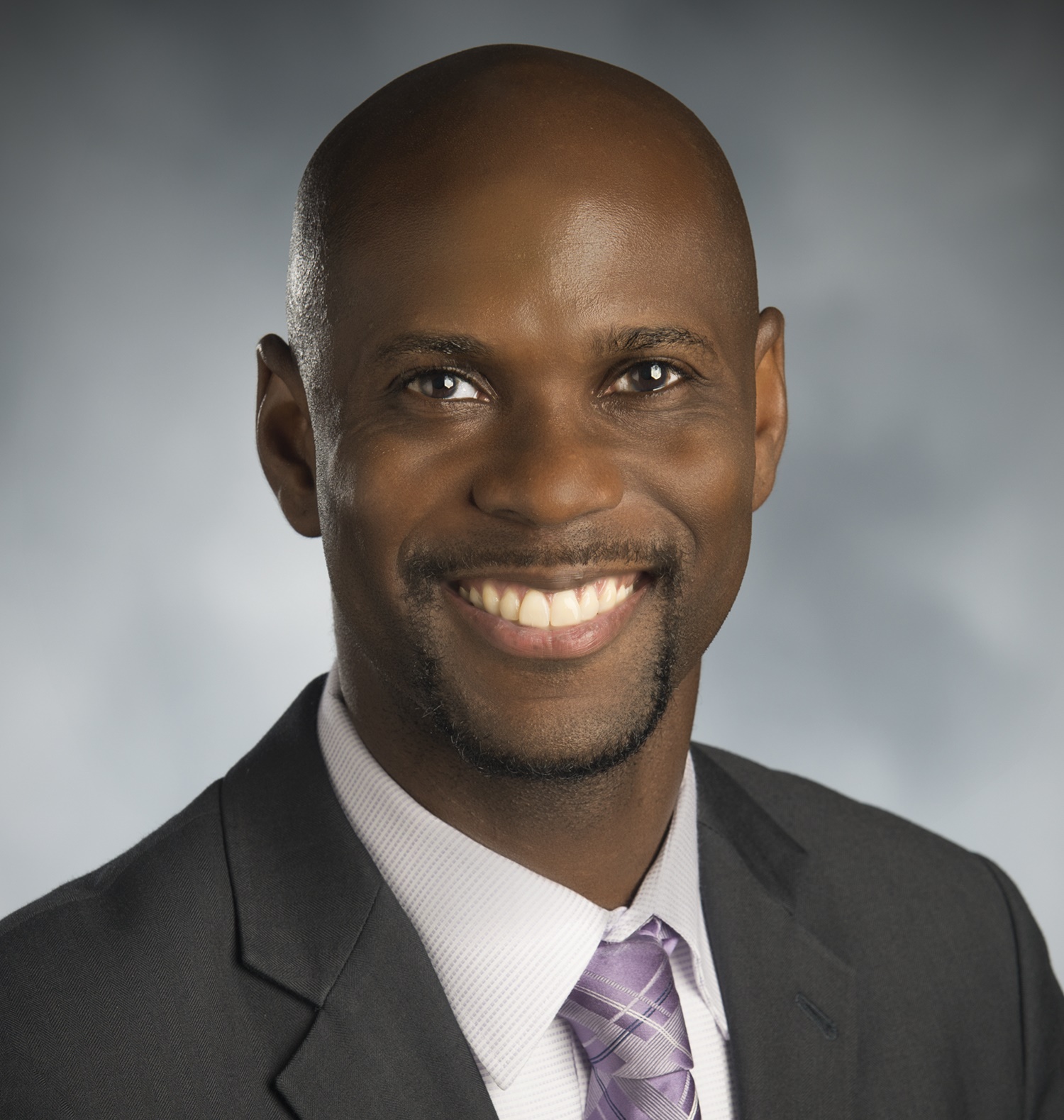Stonish Pierce, FACHE serves as System Vice President of Specialty Services for Beaumont Health.
On April 11th, Stonish Pierce will speak on a panel at Becker's Hospital Review 9th Annual Meeting. As part of an ongoing series, Becker's is talking to healthcare leaders who plan to speak at the conference, which will take place April 11-14, 2018 in Chicago.

To learn more about the conference and Stonish's session, click here.
Question: As a leader, what is the best investment you made in your own professional development in the past five years?
Stonish Pierce: The best investment I've made in my professional development over the last five years was my participation in the ACHE [American College of healthcare executives] Executive Program. The program, which spanned approximately six months and three cities, included a direct cohort of approximately 20 other healthcare leaders from across the nation, featured a diverse set of talented program faculty with practical experience in their respective areas of expertise and site visits. During our Orlando, Fla., rotation we had the pleasure of visiting Disney World to learn how Disney best prepares its cast members for ""on stage"" behavior. Eventually I translated this same logic of on-stage behaviors back to my organization to enhance the patient experience. Other practical benefits of the program enhanced my abilities to have crucial employee conversations, deal with difficult physicians, interact with the media and hear how my peers were handling similar organizational challenges across the country. Six months later, shortly following my completion of the program, I was elevated to my first executive role.
Q: Who or what are the disruptors that have your attention? Why?
SP: Retailers, non-traditional healthcare providers, companies and technologies are certainly disruptors that have my attention. Among retailers, CVS Health is certainly making its presence in the industry known. One has to look no further than the company rebranding itself as a ""health"" company and stopping tobacco sales. CVS' evolution is not surprising to me as I closely studied the organization's visionary approach when I led the opening of the [California public healthcare district] Palomar Health's expresscare retail clinics over a decade ago, which were largely modeled after CVS Health's MinuteClinics. In addition to CVS' retail clinic division, we've also witnessed CVS acquire the Target pharmacies in recent years and now we're witnessing CVS' proposed acquisition of Aetna.
Among companies and non-traditional healthcare providers, I'm anxiously following the speculation of Amazon's potential foray into the pharmaceutical industry. UnitedHealth Group's, or Optum's, continued vertical integration with its recently proposed acquisitions of The Advisory Board Co. and Davita's medical division certainly have my attention.
In regards to technology, the numerous health-inspired apps that have entered the industry; ridesharing and other transportation companies partnering with providers; and the future evolution of telemedicine to enhance care, reduce costs and improve access certainly have my attention. As we've seen, the potential disruptions in our industry are limitless and care is no longer solely limited to physicians, hospitals and health systems. I strongly believe we will continue to see retailers and non-traditional healthcare companies vertically integrate into the industry.
Q: What did you notice about your healthcare experience the last time you were on the receiving end, as a patient?
SP: My last healthcare experience was a visit to a dental practice that I've remained a loyal patient to for the last several years. I would describe my entire experience as pleasant and consumer-focused, but this is due in large part to the fact I selectively research my healthcare providers based not only on clinical credentials, but also, and most importantly, on the ""service"" experience that I can anticipate receiving. Researching the service experience may include, but is not limited to, online ratings from prior patients and families, social media, promoted service amenities, ease of access and ease of interfacing with the provider on an ongoing basis given my busy schedule.
The practice is very modern in both its physical and virtual forms. From a pre-arrival standpoint, I was able to complete new patient paperwork, obtain information related to insurance coverage and even view photos of the practice's modern facilities online. Upon arrival, parking was easy to secure, comfortable seating was provided along with free Wi-Fi access and manageable television noise, but most importantly, the wait time was less than five minutes. The staff were all professional, introduced themselves by their name and their role and informed me as to how they would be interacting with me as a patient during my visit. Following my appointment, the practice provided me with immediate access to schedule future appointments during convenient evening and weekend hours that accommodated my schedule.
While not a ""traditional"" health system encounter, what I derived from this experience, as well as other healthcare experiences, is that we're fortunate to serve the overall experience that today's patients expect to receive at Beaumont. As the largest healthcare system in Michigan — based on inpatient admissions and net patient revenue — with eight hospitals, 36,000 employees, 5,000 physicians and nearly 200 outpatient care sites, I'm inspired to translate my personal experiences into motivating our employees to assist Beaumont in reaching its goal of being a national leader for patient- and family-centered care over the next five years.

